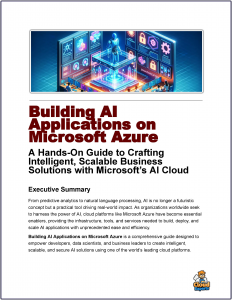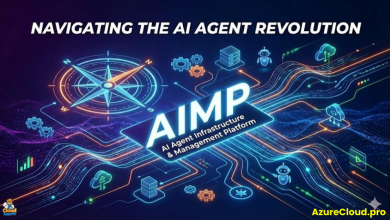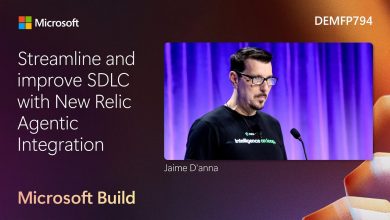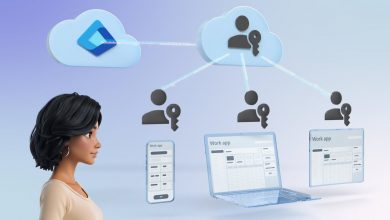NLWeb – HTML for the Agentic Web
NLWeb, short for Natural Language Web, is intended to be the fastest and easiest way to effectively turn your website into an AI app.
 NLWeb, introduced by Microsoft at Build 2025, is a framework likened to HTML for the “agentic web” designed to enable conversational and interactive website interfaces powered by AI agents.
NLWeb, introduced by Microsoft at Build 2025, is a framework likened to HTML for the “agentic web” designed to enable conversational and interactive website interfaces powered by AI agents.
NLWeb (Natural Language Web) is a protocol that allows websites to support natural language interactions, making them accessible to AI agents that can understand and process conversational inputs.
It aims to transform how users and AI agents interact with web content, moving beyond static pages to dynamic, agent-driven experiences. Just as HTML standardized web page structure, NLWeb provides a framework for websites to be navigable and actionable through natural language commands.
Agentic Web Building Blocks
NLWeb enables AI agents to interpret and act on website content in a structured way. For example, an AI agent could visit a website, understand its context, and perform tasks like filling out forms, retrieving information, or executing transactions based on user instructions given in natural language. This is facilitated by standardizing how websites expose their data and functionality to AI agents, ensuring seamless interoperability.
It works alongside the Model Context Protocol (MCP), which Microsoft supports across platforms like GitHub, Copilot Studio, and Windows 11. MCP ensures that AI agents can maintain context across different tasks and platforms, and NLWeb extends this by enabling websites to be part of this context-aware, agentic ecosystem. For instance, an AI agent could use NLWeb to navigate a retail website, compare products, and complete a purchase autonomously.
For developers, NLWeb offers a way to build websites that are inherently compatible with AI agents. This could involve embedding metadata or APIs that allow agents to parse and interact with site content. The Azure AI Foundry, highlighted at Build 2025, likely supports tools for developers to implement NLWeb, making it easier to create agent-ready web applications.
NLWeb paves the way for a web where AI agents act as intermediaries, automating tasks like booking appointments, conducting research, or managing online workflows. For businesses, this means websites can become more interactive and responsive to user needs without requiring manual navigation.
For users, it simplifies web interactions to conversational commands, enhancing accessibility and efficiency.
Imagine instructing a Copilot agent to “find the cheapest flights on a travel website for next weekend.”
With NLWeb, the agent could navigate the site, interpret its layout, input search parameters, and return results without the user manually browsing, all while maintaining security and context via protocols like MCP.



